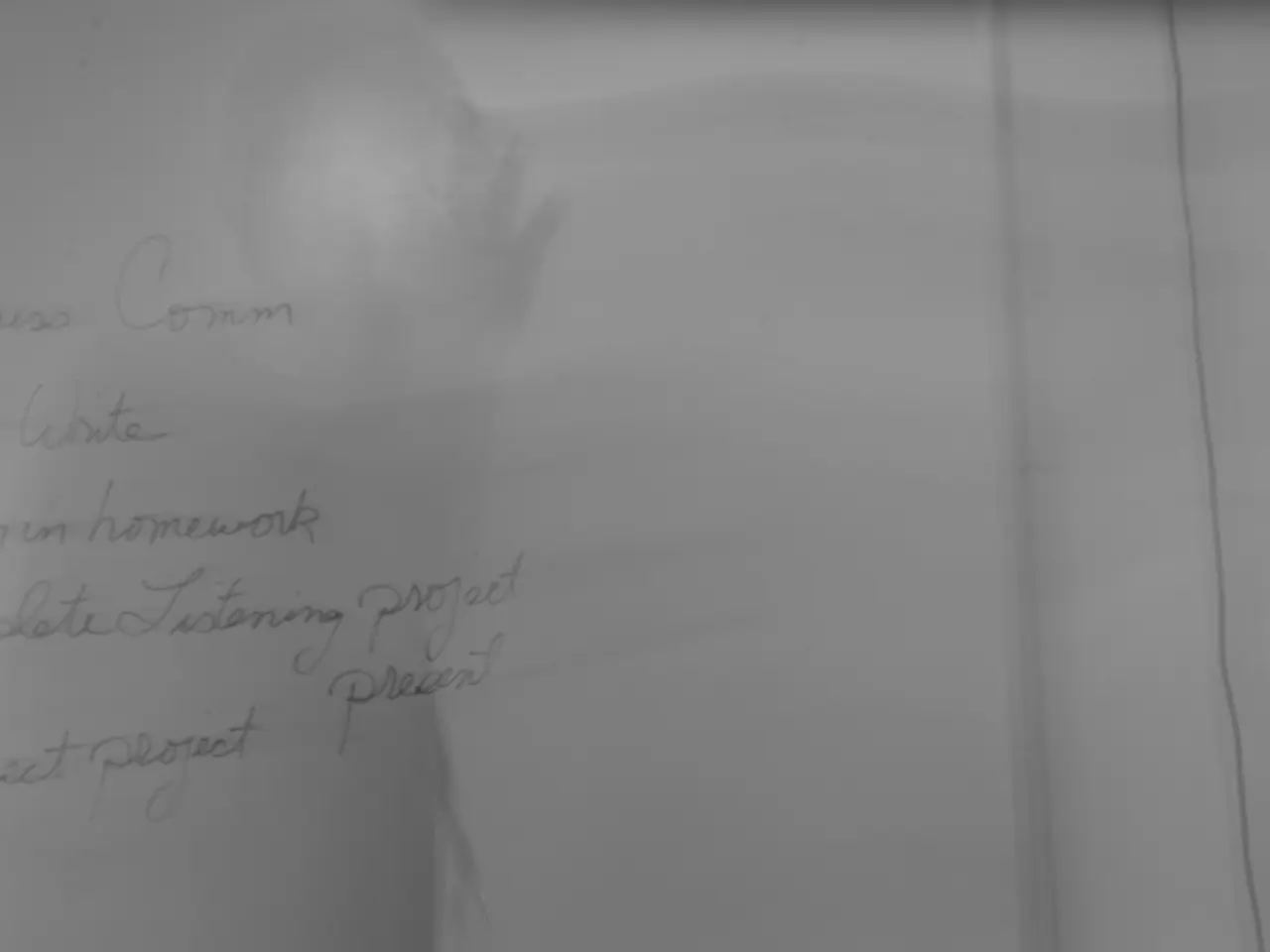Mainstream Media Is Confronted with Doug Polk's Arguments Justifying Fairer Poker Taxation
The gambling community in both the United States and the Netherlands is in a state of bewilderment and concern due to recent changes in gambling laws. In the U.S., the One Big Beautiful Bill Act (OBBBA), signed by Donald Trump, is set to introduce significant changes to gambling taxes starting January 1, 2026.
Under the new legislation, the deduction of gambling losses on federal income taxes will be limited to 90%, instead of the full 100% previously allowed. This means professional poker players, who often have nearly equal winnings and losses, will have to pay taxes on at least 10% of their income even if they break even overall, effectively creating "phantom income" subject to tax.
This provision can significantly increase the taxable income for professional players. For example, someone with $5 million in losses and $5.2 million in winnings might owe taxes on $700,000 of income instead of their true net gain of $200,000, causing a substantial effective tax increase—potentially around 250% more tax liability. This places a disproportionate burden on professional and high-volume gamblers compared to casual players.
Professional players like Phil Galfond argue that this change could end professional gambling in the U.S., as the tax burden undermines their business model and cash flow. The deduction cap also applies to non-loss gambling expenses integral to a player's profession, such as travel, coaching, and subscription services, which are currently taxed differently.
The provision was reportedly included last-minute in a large bill, catching many lawmakers off guard, which has drawn criticism for poor legislative process and inadequate consideration of impacts. Senators such as Ted Cruz have joined bipartisan efforts to reverse or modify this part of the legislation, citing fairness and basic tax principles—namely, that taxes should apply only to real profits, not phantom income.
In the Netherlands, the Dutch government increased the gambling tax from 30.5% to 34.2% on January 1. However, the tax hike has resulted in a decline in tax revenues, with the Dutch gambling market experiencing a decline in tax revenues due to the increased gambling tax. The Dutch online news platform nu.nl reported that the increased gambling tax is backfiring on government revenue.
The Dutch Gambling Authority (Ksa) reports that tax revenues this year are likely to be €40 million lower than expected due to a 5% drop in tax revenues over the past six months. The government aimed to raise an additional €100 million, but the regulator says this target is unlikely to be met due to the decline in tax revenues.
The new gambling laws could drastically reduce the number of professional poker players in the United States and potentially increase underground gambling activities due to the financial strain on professional poker players. Doug Polk, the Upswing Poker founder, predicts that the additional tax on profitable poker players' bottom lines could render their careers over. The host questions whether for-profit gamblers will be driven underground in the future due to the new gambling laws.
Mark Patrickson, in an article, discusses the implications of the OBBBA with Nevada Senator Catherine Cortez Masto who is fighting to change the legislation before it becomes active. Doug Polk expressed his opposition to the new legislation, stating that it is wrong to tax money not earned within the poker community. Marc Short, Chairman of the Advancing American Freedom organization, compared the new gambling laws to the limit on tax deductions for stock investments.
The gambling community continues to voice their concerns and fight against these changes, citing unfairness and potential threats to the viability of a professional gambling career in the U.S. and Netherlands.
- The new gambling laws in the United States could lead to a significant increase in taxes for professional poker players, creating "phantom income" subject to tax and potentially forcing some of them to pay 250% more in tax liability.
- In the Netherlands, the increased gambling tax has resulted in a decline in tax revenues, with the Dutch gambling market experiencing a drop in tax revenues due to the increased tax.
- Professional gamblers like Phil Galfond and Doug Polk argue that the changes to gambling laws in the U.S. could potentially end professional gambling in the country, as the tax burden undermines their business model and cash flow.
- The gambling trends in both the United States and the Netherlands are being closely watched by casino-personalities, with some predicting a rise in underground gambling activities due to the financial strain on professional gamblers caused by the new laws.







